
‘South-South’ cooperation to provide better help for street children
In Kinshasa, nine grassroots organisations working with street children are receiving training on the psychosocial aspects of supporting these young people. The Beninese NGO Terres Rouges, an expert in this field, is organising this learning course, with the support of the King Baudouin Foundation.
In the Congolese capital, the number of street children is continuing to rise. There are more than 20,000 of them trying to survive without protection and often without rights. “The situation is tragic: children are fleeing the war and being exploited, abused and trafficked,” says Jacinthe Nkongolo Mbiya, Director of the Bana Ya Poveda Centre, an organisation that provides shelter and support for street children who are extremely vulnerable but still hold out hope for a better life.
Baya Ya Poveda has been helping some of these young people for over twenty years, offering them a home, schooling and access to vocational training. “The aim is to offer them a decent life, housing, food and the affection they need for their development,” adds the association’s director. The lives of these children are so chaotic and plagued by violence and exploitation, that caring for them often proves difficult and obliges the organisations that help them to face up to their own limitations.
Sharing expertise
To improve the way these young people are welcomed and supported, two Baya Ya Poveda workers have been receiving training from the Beninese NGO Terres Rouges for over a year. This learning course draws on the discussion of concrete cases to develop best practices that can be replicated. Above all, it’s an example of fruitful ‘South-South’ cooperation between African organisations that are experts in their field. “By taking part in this training, we are sharing our experiences, enhancing our practices and strengthening our capabilities,” explains Jacinthe Nkongolo Mbiya.
But the existence of this training scheme also bears witness to more traditional, yet effective ‘North-South’ cooperation. As part of its support for Baya Ya Poveda, the Belgian NGO Louvain Coopération approached Terres Rouges to share its expertise across borders for the benefit of street children. Louvain Coopération offered three reception facilities the opportunity to follow this training course. Four other organisations working to help street children, linked to Empowering ToMorrow’s generation (ETM) — another Belgian NGO — were invited to take part in the same training course, along with two other Congolese organisations.
“One of Louvain Coopération’s priorities is children’s mental health,” explains Stéphanie Mbelu, a psychologist at Louvain Coopération. “Rather than support that is solely geared towards social assistance — accommodation and meals — we believe that the children also need psychological help. Terres Rouges’s experience is very useful in this respect.”
Innovative practices
The reason Terres Rouges is so highly praised is that the association, which has been active in Benin since 2009, has radically changed the way it works with street children. This organisation, which is now 100% Beninese, emerged from a close friendship between Eric Messens, a Belgian national, clinical psychologist and former Director of the Ligue Bruxelloise Francophone pour la Santé Mentale (Brussels Mental Health League), and Hermann Jesse Hessou, a Beninese clinical psychologist. “Terres Rouges started out as three psychologists and a team of street educators,” recalls Eric Messens, founder of Terres Rouges in Belgium. Today, Terres Rouges in Cotonou, Benin, consists of a street outreach team, a residential centre for young children, two overnight dormitories for teenagers (one for boys, the other for girls), a community house for young people in vocational training, and a prevention team in So-Ava, a very disadvantaged lakeside community. These street workers visit the places where these young people survive, such as the Dantokpa market in Cotonou.
But Terre Rouges’s ‘method’ is not just about providing accommodation or a meal, or fulfilling basic needs. Its originality lies more in its psychosocial approach, which was new when it began. “Non-profit organisations were already offering food and shelter,” explains Hermann Jesse Hessou, Director of Terres Rouges Benin. “But the psychological aspect was not often addressed in these organisations, which led to catastrophe. Family reintegration was short-lived, and young people were soon back on the streets.”
Most of these children’s lives have been marked by traumatic experiences, physical and psychological violence, emotional deprivation and abandonment. Terres Rouges aims to embrace these traumas, enable them to be expressed and try to heal them. This psychosocial support is of course provided by social workers and psychologists, but it is also part of an innovative approach in which every member of staff plays an important role. “Psychosocial care is also the work of the cook, caretaker and driver, with whom the child has been able to form relationships,” adds Hermann Jesse Hessou. All employees are made aware of the importance of listening and are invited to team meetings, which are essential for discussing individual cases. At all times, the Terres Rouges teams are attentive to the child’s pace and needs, “needs that are greater than those of the institution,” explains Eric Messens. Some of these schemes, such as the night dormitories, grew out of conversations with street children. They have been designed to better meet their needs and requirements.
Finally, Terres Rouges emphasises community work. The NGO is raising awareness among neighbourhood leaders, the police, school principals, ghetto and red-light district leaders, religious leaders, community intermediaries and training workshop managers, not only of these children’s fates but also, and above all, of their rights. Hermann Jesse Hessou is realistic about the ever-growing numbers of homeless young people: “Terres Rouges will not be able to stem the tide of street children.” So why not change the street? By making contact with the various stakeholders in the local communities and rebuilding ties, young people will be able to access healthcare, literacy courses and even learn a trade, in a context of greater security. At least, that’s what Terres Rouges is aiming for. “We are proposing a programme to humanise the street.”
Concrete changes
In 2021, the NGO Doctors of the World asked Terres Rouges to share its undeniable expertise and new ideas with associations in Kinshasa facing the same realities. “It started with a two-week exploratory mission to Kinshasa, where we met teams who were fairly ill-equipped in psychosocial terms,” says Eric Messens. This is how the apprenticeship scheme came into being, and it is now being followed by workers from a dozen or so Congolese associations*, including Bana Ya Poveda, and supported by the King Baudouin Foundation with €130,000 for the 2024-2026 programme.
The course is spread over two years. It is made up of four two-week workshops, where two or three workers per association — true ambassadors of the training course — are invited to compare practices and study concrete cases, in order to exchange and learn from each other. Next, the trainers meet with the associations’ management teams, to bring them on board, as well as all the teams, so that the new practices can permeate the organisations. Between each session of the learning journey, Stéphanie Mbelu and Jean, Kinshasa’s 'flying psychologists’, ensure that this good practice gradually becomes part of the organisations’ routines. “I provide supervision after each session. I talk to the teams to make sure they have the same level of knowledge as the course ambassadors and that certain habits are established.” These new habits include regular team meetings, where individual cases are discussed. “I make sure that the perspectives of the housekeeper, caretaker and driver are taken into account,” adds Stéphanie Mbelu.
Changes are already being felt in the organisations. At Baya Ya Poveda, the change in attitude towards the children comes with new sensitivity. “We try to adapt to the child, to their pace, to find where the child is at, so that contact is more natural,” explains Jacinthe Nkongolo Mbiya. A best practice guide will be published at the end of the training cycle, in the hope that this practice will spread throughout the DRC and beyond.
“We are proposing a programme to humanise the street.”
* The nine organizations from Kinshasa taking part in the training are: ORPER, Ndako Ya Bisso, Bana Ya Poveda, EVAPEV, CHERO, PECS, MEED, Centre Monseigneur Muziriwa, CATSR
Other stories
Inspiring engagement!
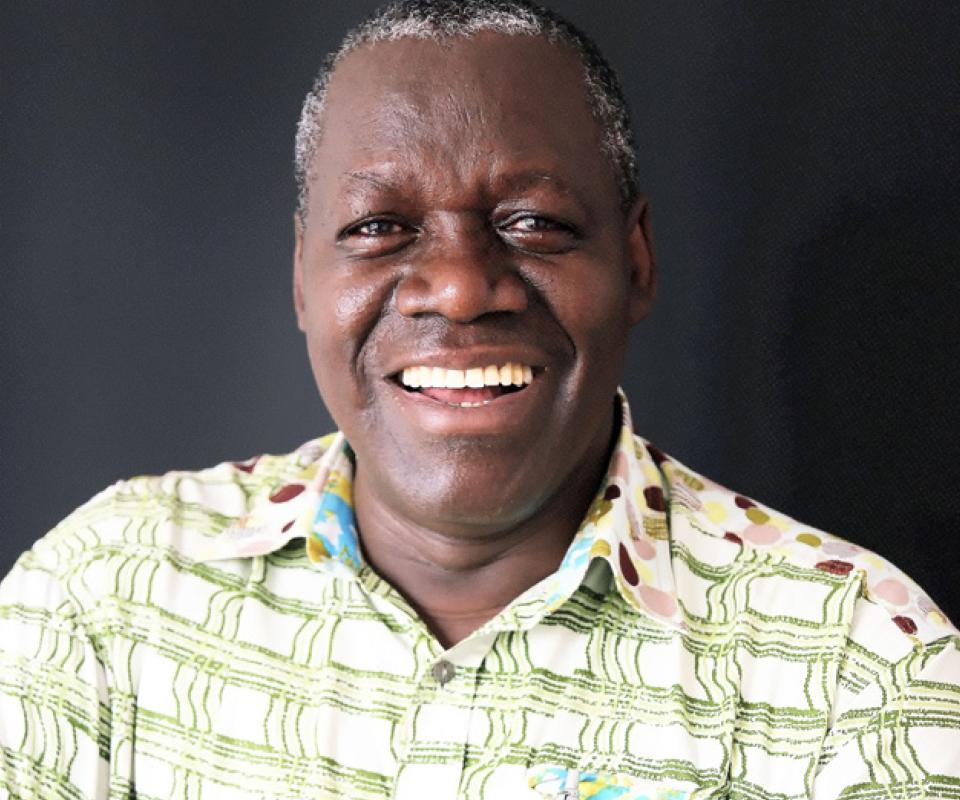
The experience that led to the role of liaison officer in Africa
Europe and International
"You need integrity and curiosity."
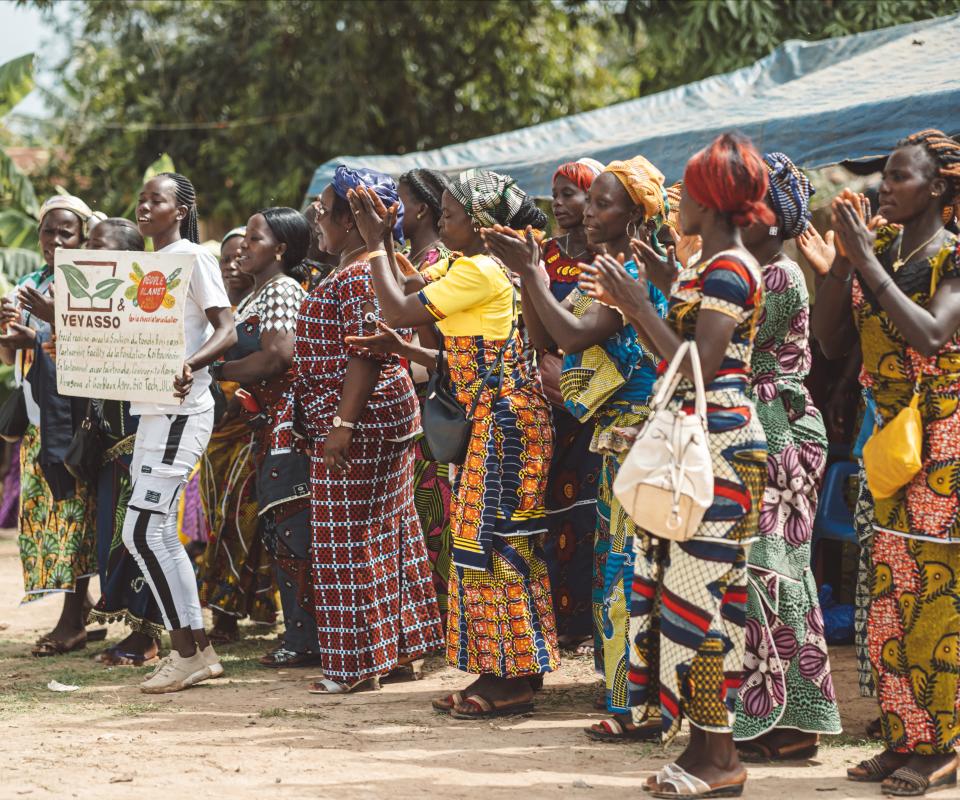
Yeyasso, the Ivorian cooperative where all hopes are allowed
Europe and International
“Yeyasso differentiates itself through its added value. We aim to become organic, equitable, carbon neutral, with no child labour and with zero deforestation.”
Other press releases
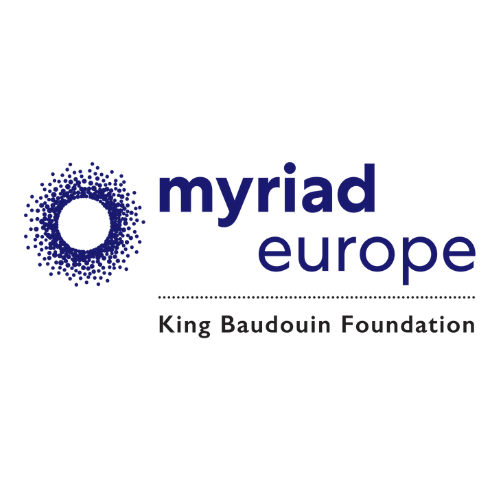
Unlocking the potential of international philanthropy
The King Baudouin Foundation launches Myriad Europe, marking its commitment to unlocking the full potential of international philanthropy in association with its partners in the …
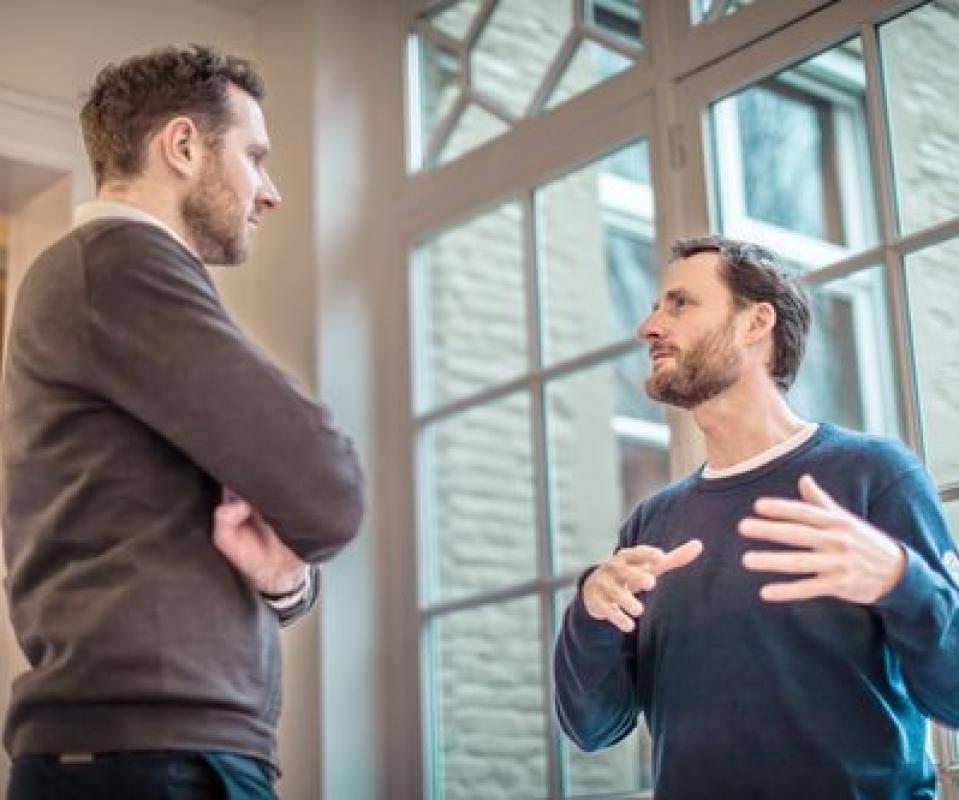
Protect Humanitarians: an alliance aimed at strengthening protection and support for humanitarian actors in the field
Protect Humanitarians: an initiative aimed at strengthening protection and support for humanitarian actors in the field, launched by Olivier Vandecasteele, with support of the Ki…
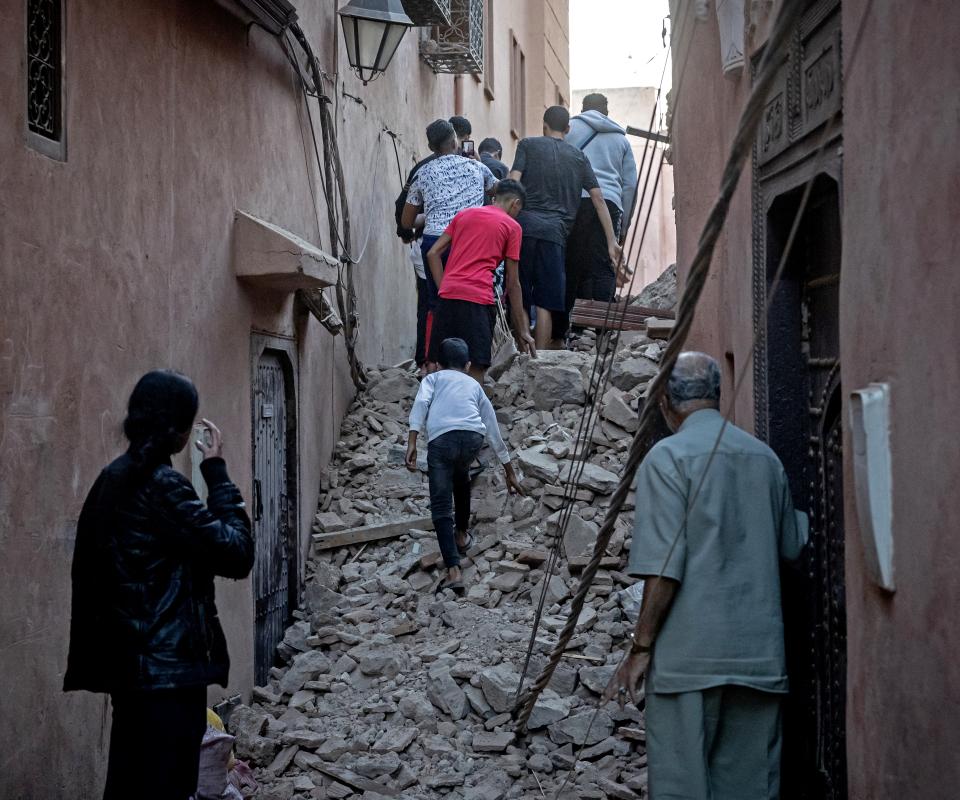
Earthquake in Morocco: solidarity with the victims
Morocco earthquake' donors' circle for emergency humanitarian aid.